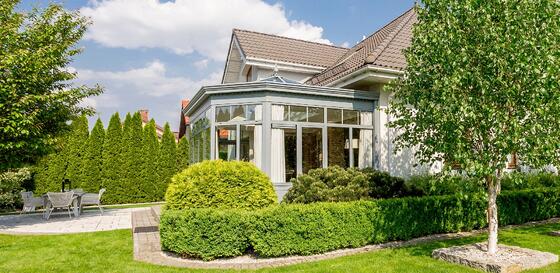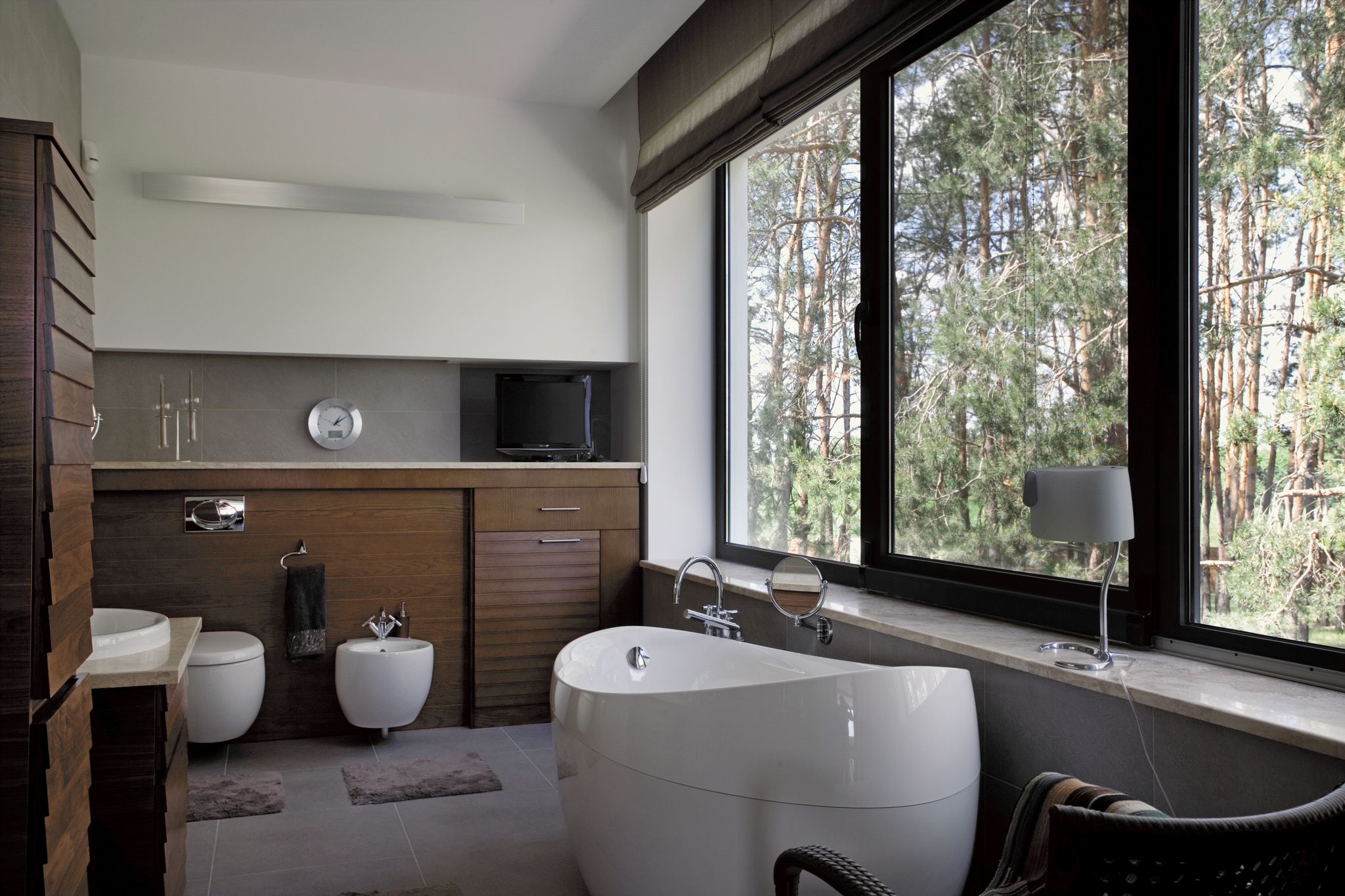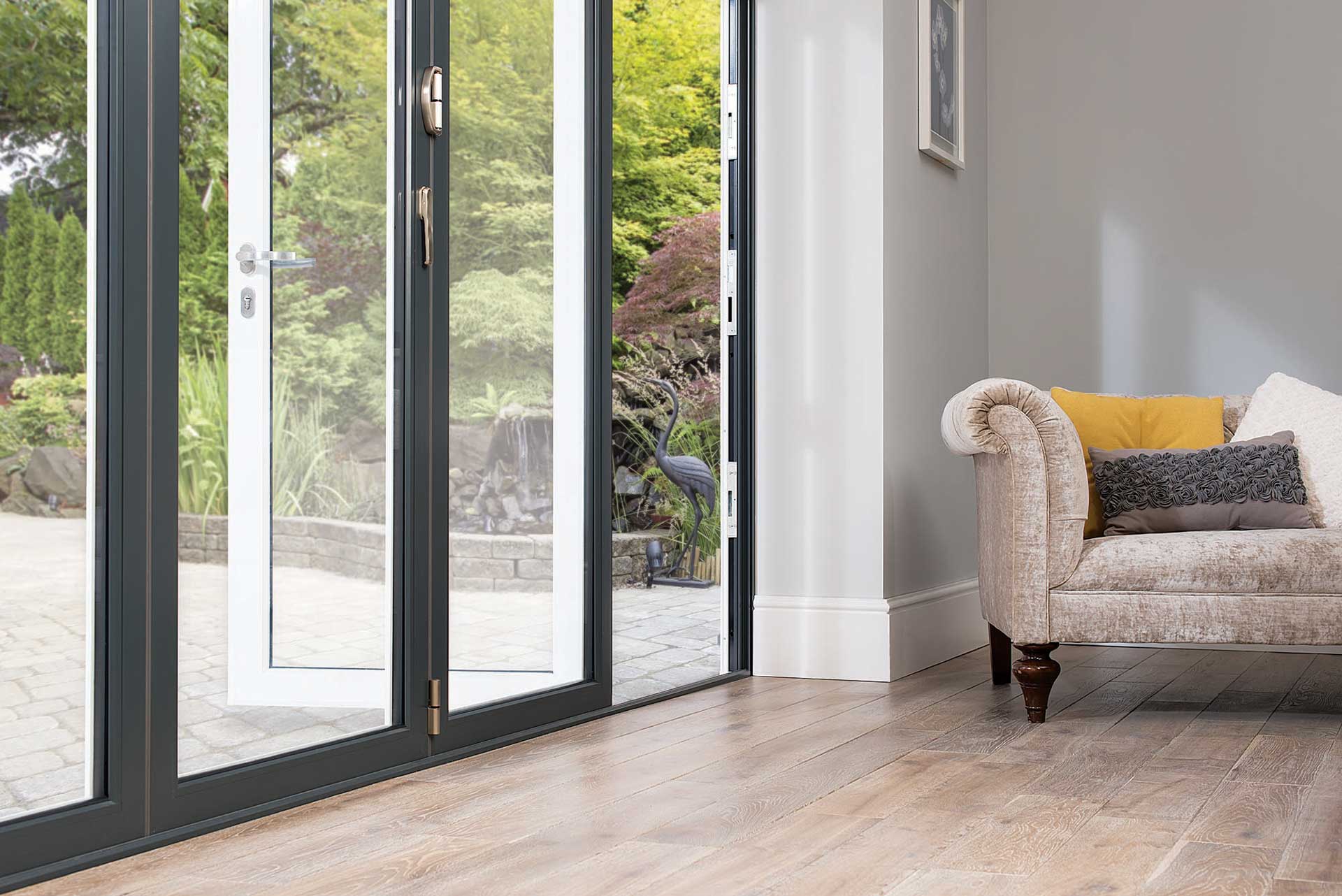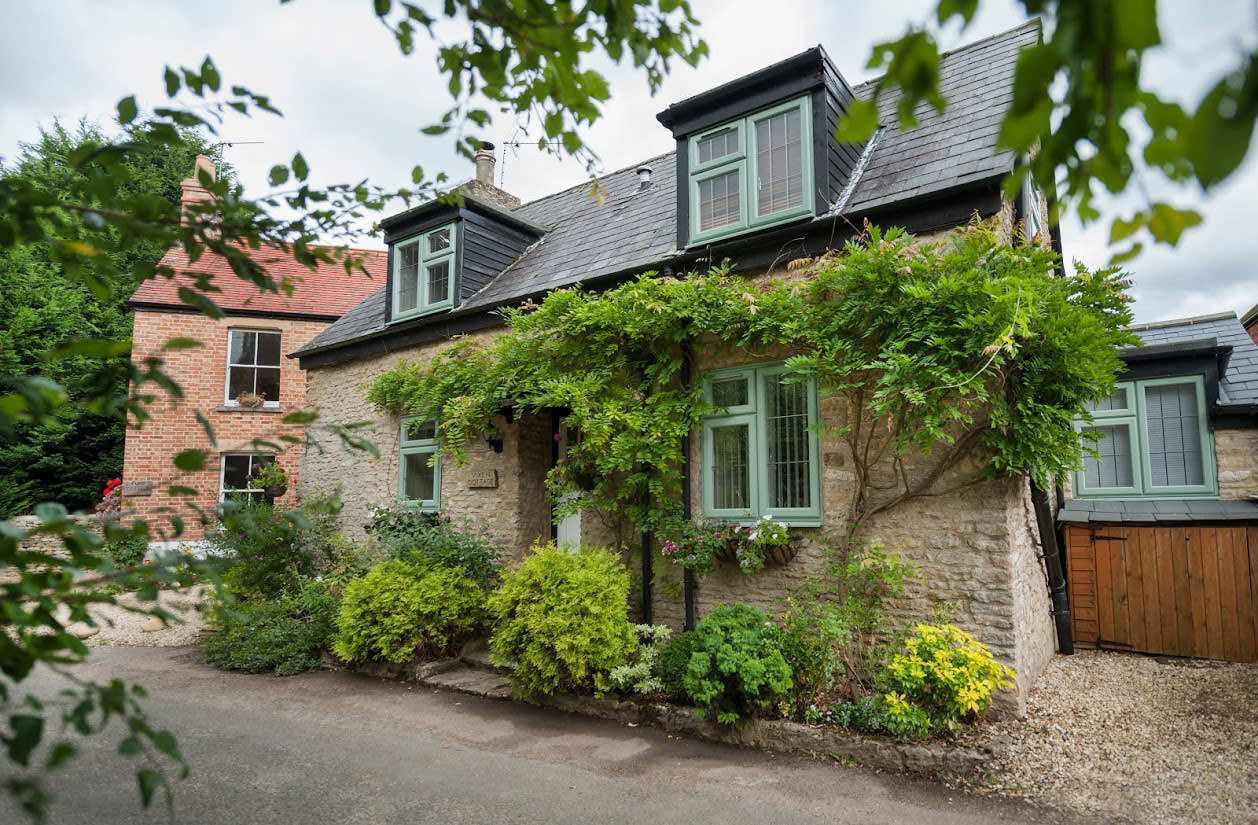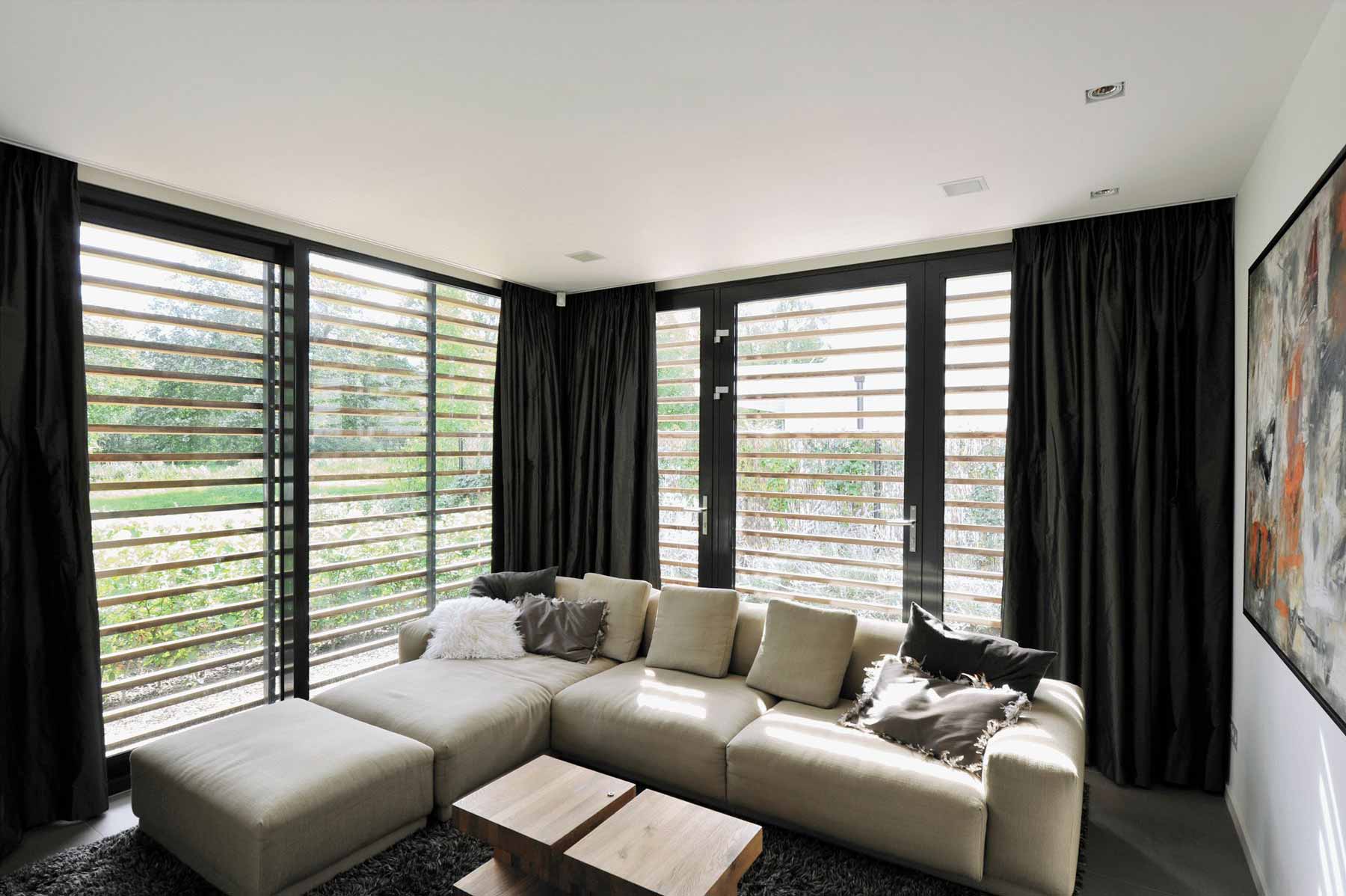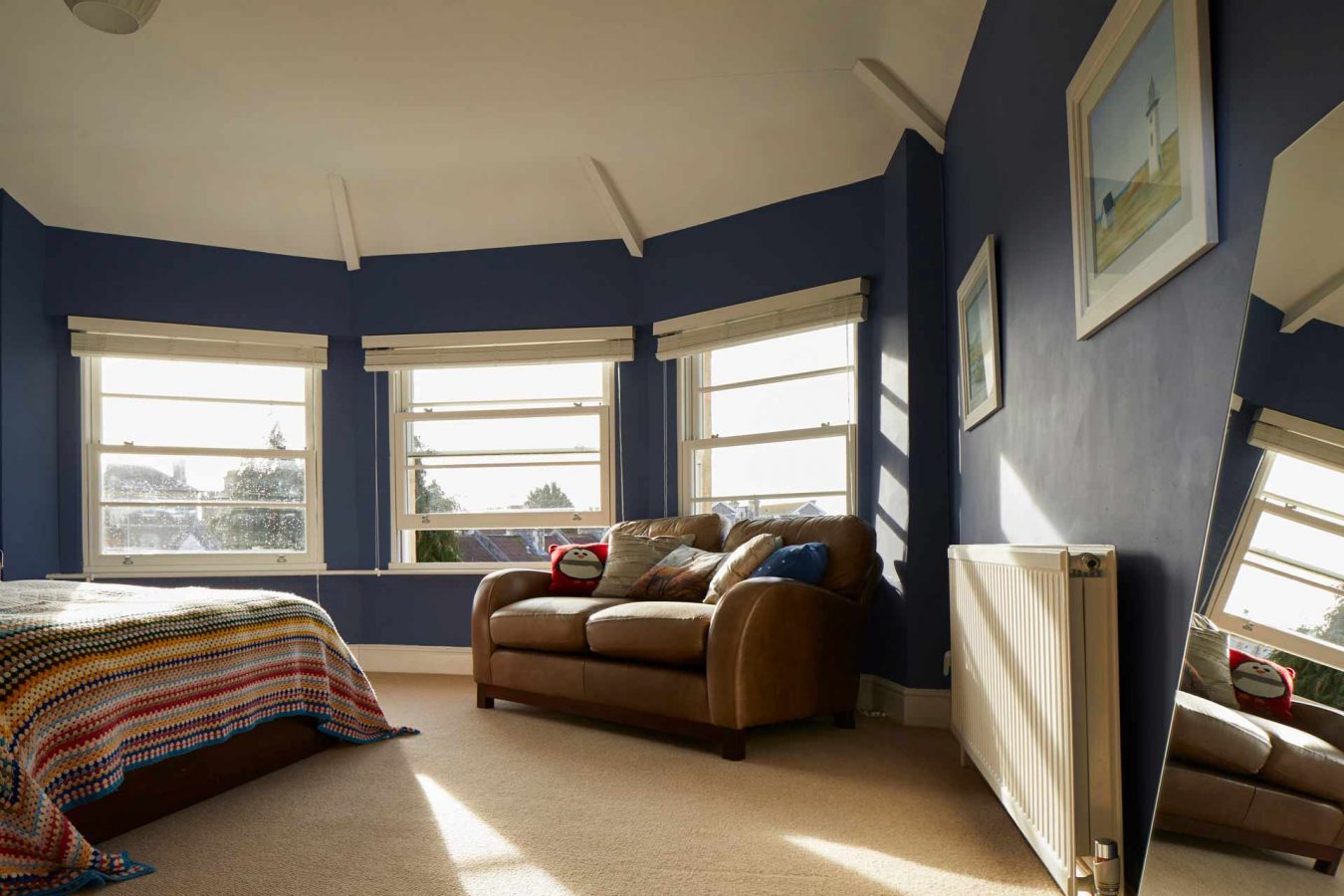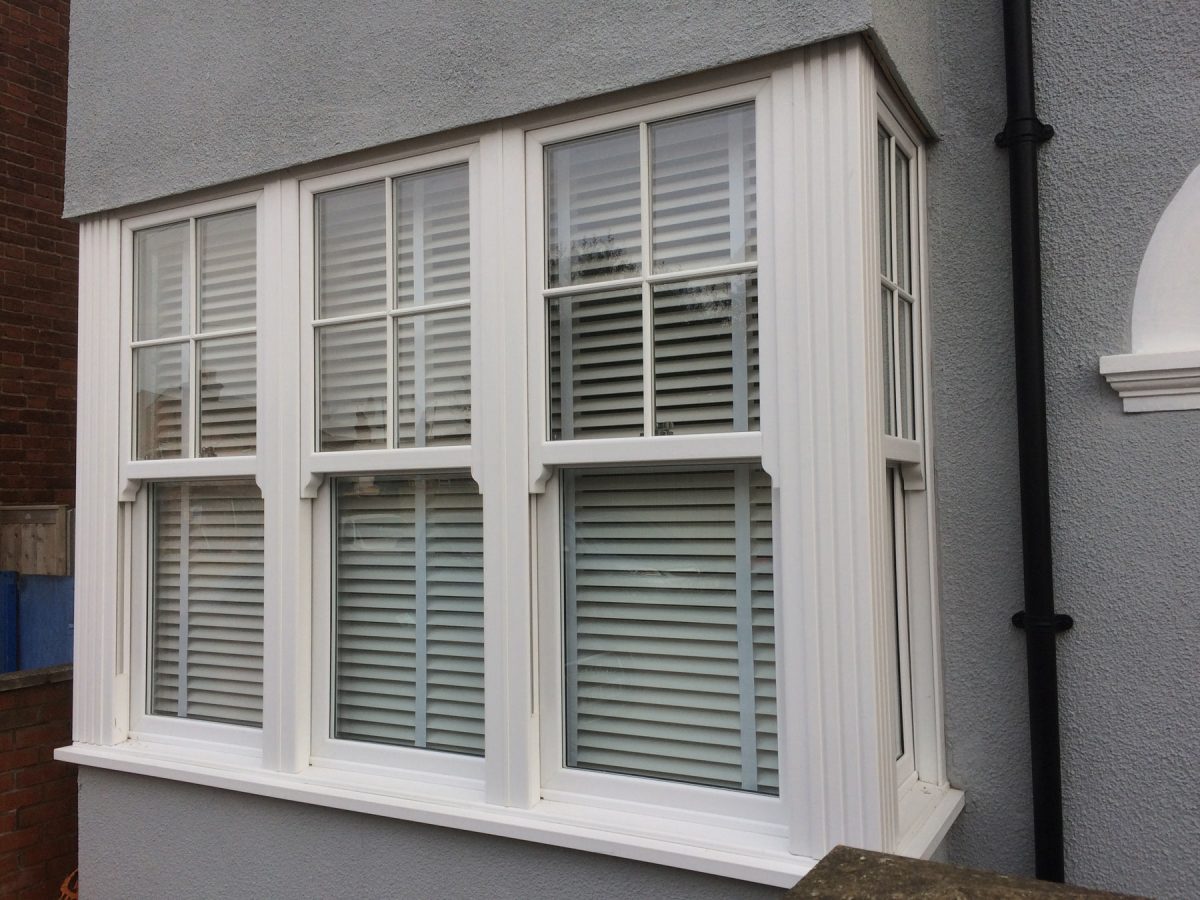The difference between uPVC & Aluminium Conservatories?
When you’re planning a new conservatory or orangery you will be faced with several decisions, with one of the most important being: what material should I choose? For several decades uPVC has been a very popular choice for conservatories, however aluminium also offers many of its own advantages and you may be wondering which is better. To help you decide, we take a look at the benefits and drawbacks of each material with regard to five important criteria.
Affordability
Because uPVC has been so widely used for conservatories and windows since the 1980s, manufacturers have been able to produce the material in much larger quantities and at a lower cost per unit, making it a cheaper option for consumers. On the other hand, aluminium frames aren’t produced as widely or as cheaply. However, thanks to being featured frequently in television programmes such as Grand Designs, this material is now becoming a popular choice; although it still has a long way to go before it reaches the same demand as uPVC. For the time being, aluminium frames are more expensive than uPVC but this may well change in the future as it becomes more widely used. Generally, your choice will depend on whether you are prioritising short-term savings or a long-term investment. Due to the durability of aluminium frames, they will last almost indefinitely and you may decide that the extra expense is justified.
Aesthetics
One of the key points to consider when choosing a material for your conservatory is its appearance. A conservatory is a big investment that should enhance the visual appeal of your home and blend in with its architectural style, so you need to choose the best material for your requirements.
Traditionally, uPVC is a white colour which offers a classic, clean look that works well in a wide variety of situations. However, modern uPVC is now available in an array of subtle colours and natural wood finishes. Cream looks very effective in an old cottage while rich shades of anthracite, blue and green bring a contemporary look to your property. If you fancy a more natural look, uPVC is also available in a range of very realistic wood finishes that, unlike the real thing, need very little maintenance.
In comparison, aluminium can be sprayed any colour you wish but its key advantage is its strength and lightness. This means that aluminium frames can support very large glass panels. These frames also have the slimmest profile so that you have maximum glass with minimum frame, which is ideal for situations where you want to enjoy lots of natural light or make the most of a lovely garden view.
Thermal efficiency
Gone are the days when conservatories were too hot in summer and too cold in winter; both uPVC and aluminium offer excellent U-ratings (measuring the rate of heat transfer) and high levels of energy efficiency and so are easy to keep at a comfortable temperature. uPVC will need repairing or replacing sooner than aluminium, which is a more robust material that resists corrosion. uPVC was also the first material to achieve an A-rating but whichever you choose, you can be confident that your conservatory will be well insulated and cosy whatever the weather.
Flexibility and strength
uPVC is easy to shape and is ideal for single storey structures, offering a quick and affordable option. However, it lacks the strength required for taller extensions or situations where the extension is an integral part of the existing building. Aluminium, on the other hand, is an extremely strong material as well as being astonishingly light in weight which allows you to design a conservatory of almost any shape and height. While allowing the slenderest sight-lines, it also has the strength to support enormous weights.
Sound proofing
One area in which uPVC scores ahead of aluminium is in sound insulation. uPVC was originally created as an effective insulating material and for this reason is a very popular choice for property owners who want to reduce noise levels, both internally and externally. While both uPVC and aluminium frames can be double or triple glazed, with the latest high-tech glass uPVC frames do offer a greater ability to keep sound out and this is one of the key reasons for their popularity.
There really is no right or wrong when it comes to deciding between uPVC or aluminium and so much depends on individual circumstances and your own taste. Hopefully, our guide to the pros and cons of these materials will have clarified the benefits offered by each, allowing you to make the perfect choice for your beautiful new conservatory.
Check out our guide below for further ideas, when selecting your conservatory.
Book a Remote Quote
In response to Covid-19 and the governments guidelines, Bergson & Eaton now offer remote quotes.
Find Out More
